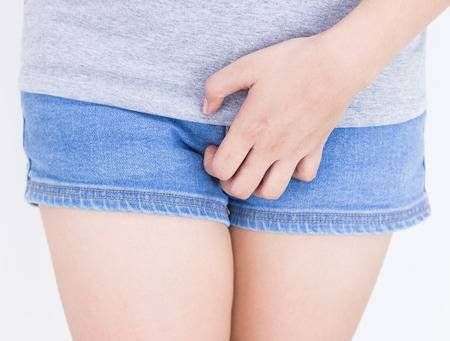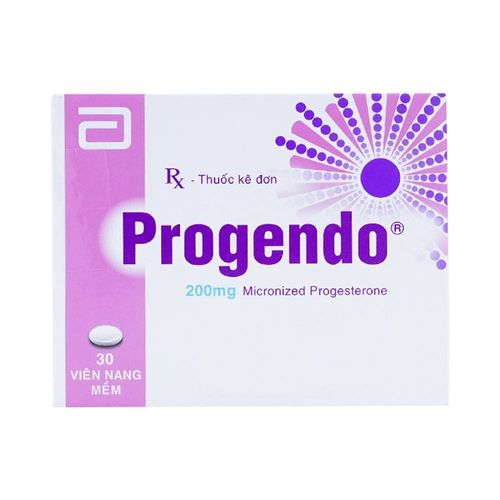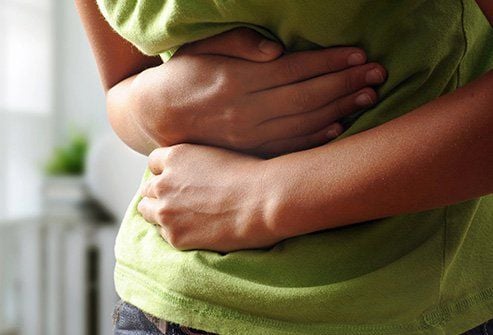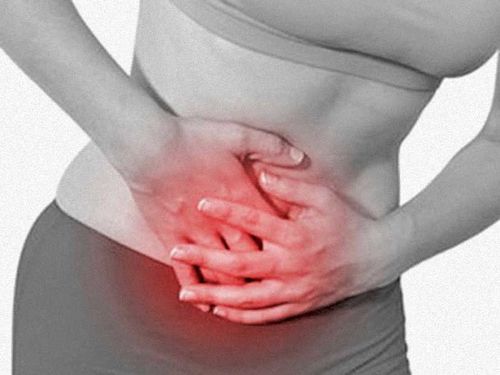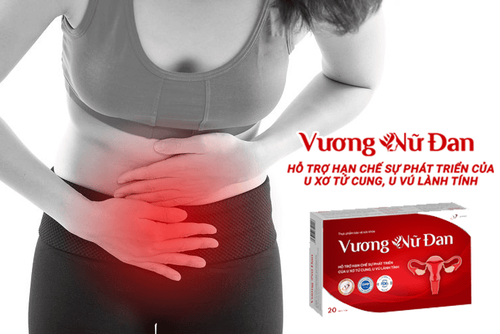This is an automatically translated article.
The article was professionally consulted by Specialist Doctor I Le Thi Phuong - Obstetrician and Gynecologist - Department of Obstetrics and Gynecology, Vinmec Ha Long International HospitalUterine fibroids are benign tumors. If detected early and with the right treatment method, uterine fibroids will not cause many dangerous complications, especially during pregnancy.
1. Treatment goals for uterine fibroids
The goal of the treatment of uterine fibroids is to alleviate the symptoms that affect the patient's life such as: abnormal bleeding, pain, symptoms caused by uterine fibroids pressing on nearby organs, ...Treatment of uterine fibroids can be by means of monitoring, medical treatment or surgery for uterine fibroids. The choice of intervention method depends on the individual patient's situation, based on the following factors:
Size, location of uterine fibroids Accompanying symptoms (menorrhagia, bleeding, compression, pain) , infertility) Menopausal status Patient expectations and capabilities (cost, convenience, desire to preserve uterus, side effects).
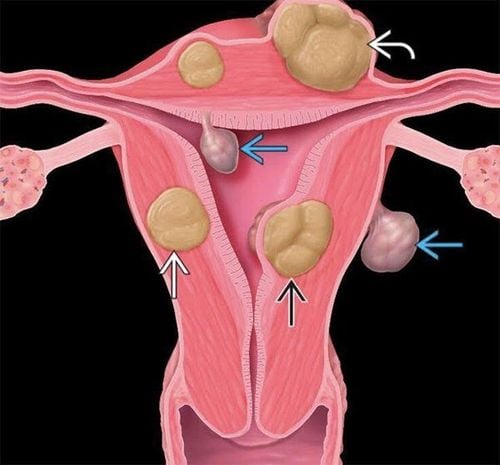
2. Medical treatment of uterine fibroids
Gonadotropin-releasing hormone (Gn-RH) agonists Drugs called Gn-RH agonists treat uterine fibroids by blocking the production of estrogen and progesterone, sending you into a postmenopausal state. temporary. Therefore, when you take the drug, you will not have a period, the fibroids shrink and lead to anemia due to vaginal bleeding often improves. Your doctor may prescribe a Gn-RH agonist to shrink your fibroids before your scheduled fibroid surgery.
Non-Steroidal Anti-Inflammatory Drugs (NSAIDs) These are not hormonal drugs, and may be effective in reducing the pain associated with fibroids, but they do not reduce bleeding from fibroids. Your doctor may also suggest you take vitamins and iron if you have bleeding from heavy bleeding causing anemia.
Ibuprofen or Acetaminophen This is a medicine that works to treat pelvic pain caused by uterine fibroids. If you have menorrhagia or hypermenorrhoea due to fibroids, you can also take these two drugs because they can add iron and help relieve pain.
The use of drugs to treat uterine fibroids are actually sex hormones, which are temporarily put into a woman's body to inhibit ovulation. The ovaries temporarily don't secrete estrogen, to make the tumor shrink (like menopause). After stopping the drug, the ovaries will work again and will stimulate the fibroid to continue to grow.
3. When is uterine fibroid surgery?
For cases of menorrhagia, prolonged bleeding, ineffective medical treatment, pain, frequent urination and uncomplicated small tumors, only periodically follow up every 3 months. Uterine fibroid surgery is considered a radical treatment, especially in the following cases:
When the uterine fibroid is large, equivalent to a 12 week pregnant uterus. When there are symptoms of ureteral compression, causing hydronephrosis. When there are complications of menorrhagia, heavy bleeding, or prolonged hypermenorrhoea, medical treatment has failed or of submucosal fibroids. When the tumor is in the broad ligament. When cancer is suspected.
3.1. Fibroid removal surgery
If the patient has many fibroids, very large fibroids or very deep fibroids, the doctor can surgically remove the fibroids. However, due to scarring after surgery will affect fertility in the future.
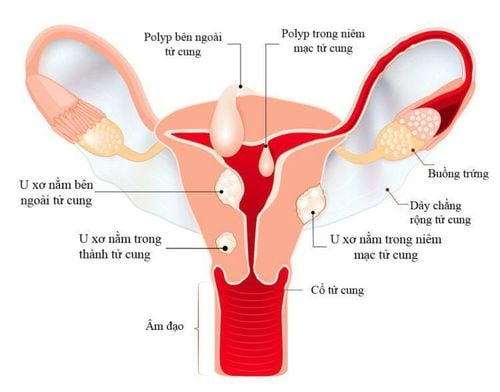
3.2. Hysterectomy
This surgery is the only proven permanent cure for uterine fibroids. However, a hysterectomy is a major surgery.This surgery will end a woman's ability to have children. In hysterectomy due to fibroids, the patient may also be indicated to remove the ovaries. If a woman chooses to have her ovaries removed, the woman will immediately enter menopause and the next question is whether the patient is taking hormone replacement therapy. Most women with fibroids can choose to keep their ovaries.
3.3. Uterine artery embolism
Small particles (embolic agents) are injected into the artery that supplies blood to the uterus, cutting off blood flow to the fibroids, causing them to shrink and die. This technique can be effective in shrinking fibroids and reducing the symptoms they cause. Complications can occur if the blood supply to your ovaries or other organs is compromised.
The biggest advantage of this method is that it does not cause pain for the patient and the patient can still get pregnant and give birth normally. This method is indicated in cases of weakness, anemia, blood loss and severe iron deficiency, patients with frequent urination, difficulty urinating due to uterine fibroids pressing on the bladder and rectum, and after treatment still has a desire to have children.
3.4. Endometrial ablation
This is a fibroid surgery performed with a specialized instrument inserted into your uterus, using heat, microwave energy, hot water, or an electric current to destroy the patient's uterine lining. , cessation of menstruation or decreased menstrual flow.Usually, endometrial ablation is effective in stopping bleeding. Fibroids can be removed at the time of hysteroscopy for endometrial ablation, but this does not affect fibroids outside the serosa or inside the uterus.
In summary, when uterine fibroids are detected early, with timely treatment will not cause dangerous complications, so you should have an examination as soon as possible. There are many treatment methods for the disease, depending on the size, location and complications caused by the tumor.
To help customers detect and treat gynecological diseases early, Vinmec International General Hospital has a basic gynecological examination and screening package, helping customers detect early inflammatory diseases and help treat Easy, inexpensive treatment. Screening detects gynecological cancer (cervical cancer) early even when there are no symptoms.
Basic gynecological examination and screening package for female customers, has no age limit and may have the following symptoms:
Abnormal vaginal bleeding Having menstrual problems: irregular menstrual cycle, irregular menstrual cycle Irregular vaginal discharge (smell, different color) Vaginal pain and itching Female clients have several risk factors such as poor personal hygiene, Unsafe sex, abortion,... Female customers have other symptoms such as: Abnormal vaginal discharge, itching, pain in the private area, abnormal vaginal bleeding.
Please dial HOTLINE for more information or register for an appointment HERE. Download MyVinmec app to make appointments faster and to manage your bookings easily.






